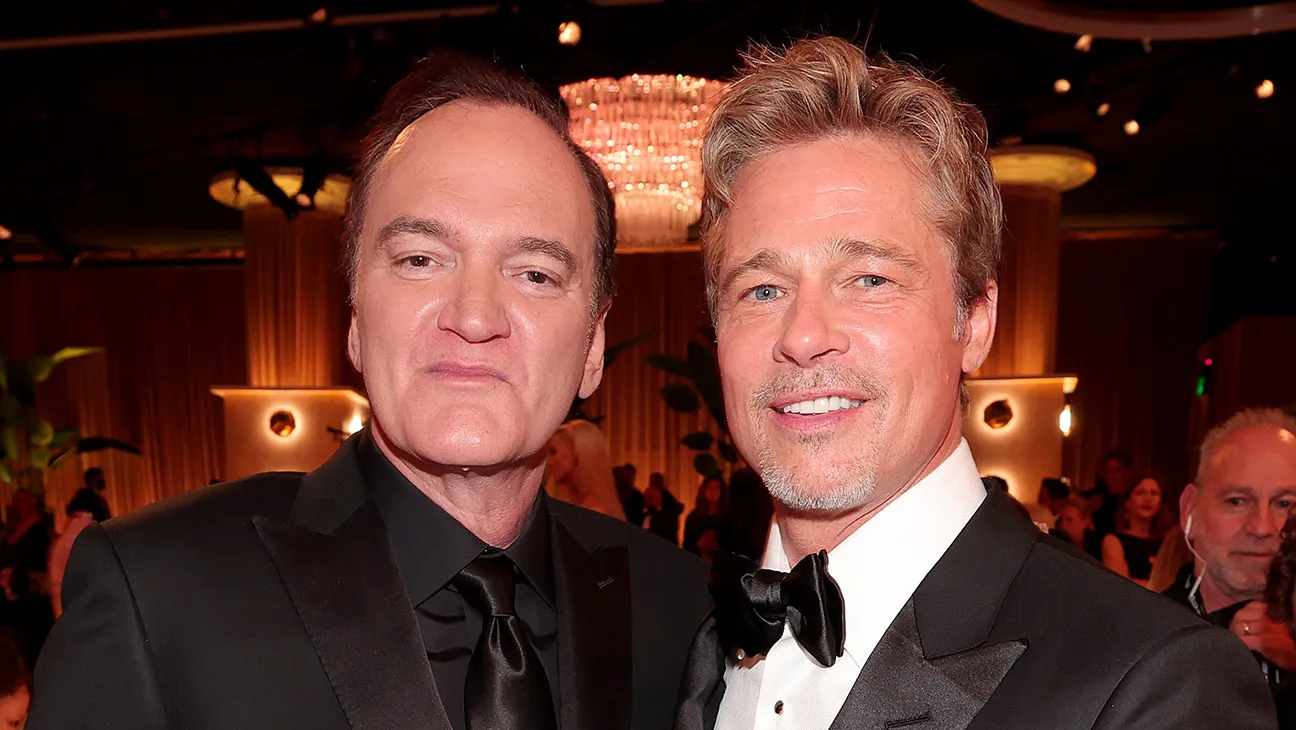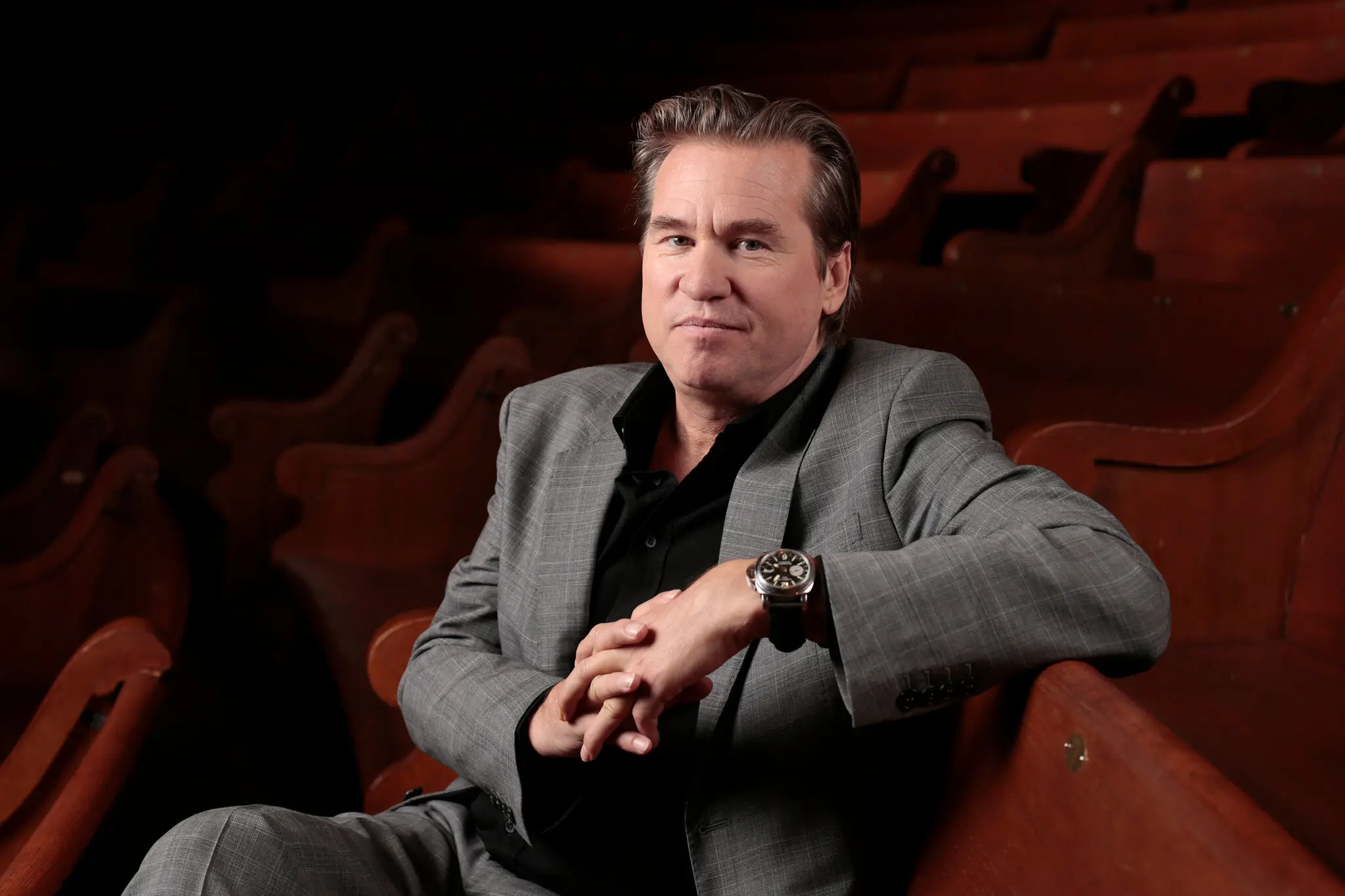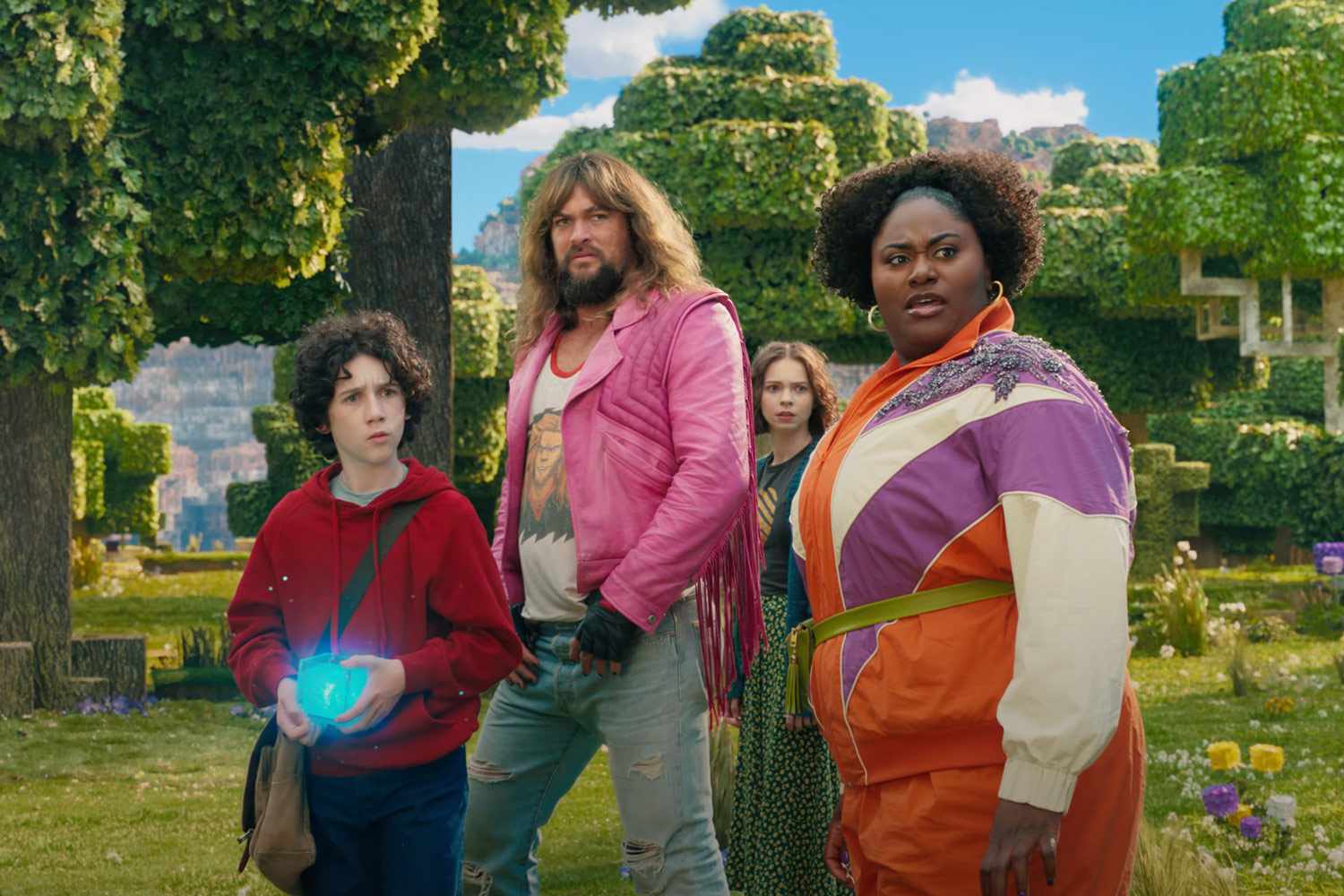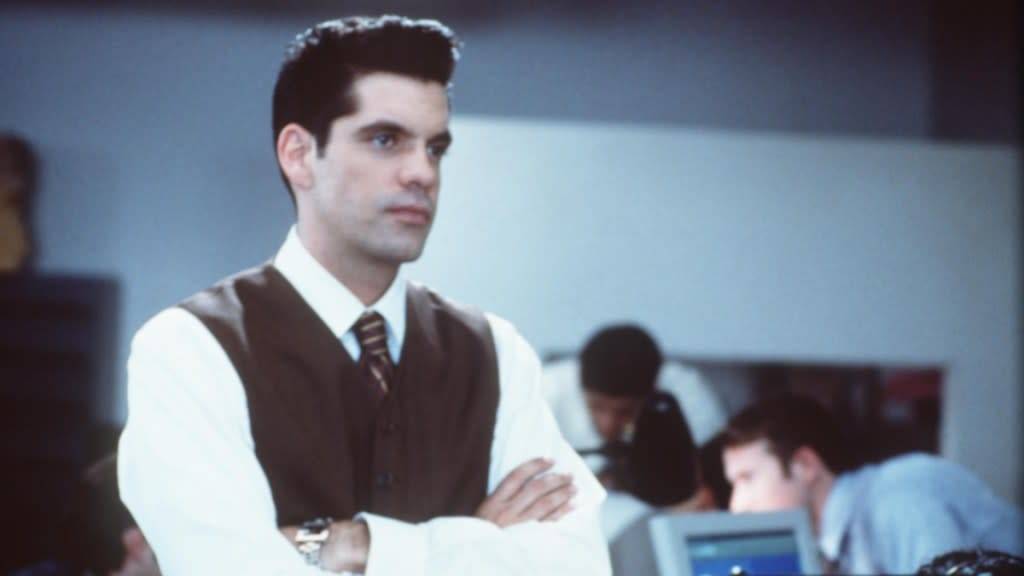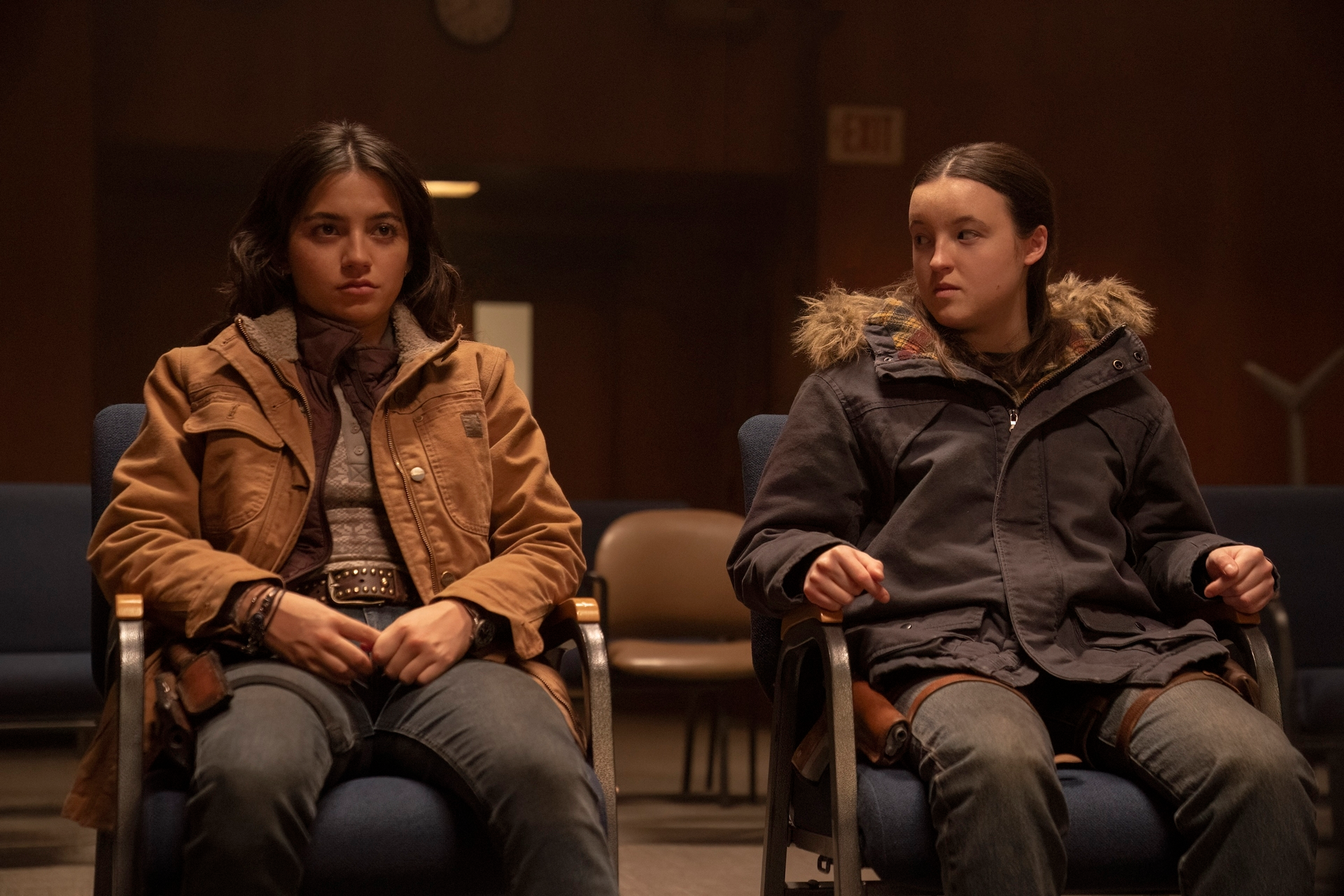The Golden Age of Hollywood, as reimagined by Quentin Tarantino in his 2019 masterpiece ‘Once Upon A Time In Hollywood,’ captivated audiences with its nostalgic charm, intricate storytelling, and stellar performances by Leonardo DiCaprio and Brad Pitt. The film, a critical and commercial success, seemingly concluded its narrative, leaving little room for a direct continuation. However, recent reports have emerged, suggesting a surprising development: a sequel is reportedly in the works, with David Fincher, known for his meticulous and often dark directorial style, taking the helm and Brad Pitt potentially returning to his Oscar-winning role as the enigmatic stuntman Cliff Booth. This unexpected news has sent ripples through the film industry and sparked considerable discussion among fans and critics alike.
The original film’s significant success at the box office and with critics naturally makes a follow-up a potentially lucrative endeavor for those involved. What adds another layer of intrigue is the reported collaboration between two prominent directors, with Tarantino writing and Fincher directing, suggesting a unique creative partnership. Furthermore, the rumored shift from a theatrical release, which was the strategy for the original movie, to a streaming platform like Netflix for the sequel indicates a notable change in distribution, likely influenced by Fincher’s existing agreement with the service. This evolution in how major films reach audiences reflects the shifting dynamics of the entertainment industry.
Reports indicate that David Fincher is set to direct the ‘Once Upon A Time In Hollywood’ sequel, with Brad Pitt expected to reprise his role as the fan-favorite character Cliff Booth. This potential collaboration would mark another significant chapter in the professional relationship between Fincher and Pitt, who have previously delivered critically acclaimed and commercially successful films such as ‘Se7en,’ ‘Fight Club,’ and ‘The Curious Case of Benjamin Button’. Their established rapport and history of producing high-quality cinema naturally raise expectations for this unexpected sequel. The fact that Pitt’s portrayal of Cliff Booth in the original film was highly praised, even earning him an Academy Award for Best Supporting Actor, underscores the character’s resonance with audiences.
It has been noted that Fincher often offers Pitt the first opportunity for roles in his projects. This practice suggests a deep mutual respect and a strong creative partnership between the two, making Pitt’s involvement in a Fincher-directed sequel a logical continuation of their collaborative history. Their connection is further highlighted by the reported intention of Fincher to direct Pitt in ‘World War Z 2,’ a project that ultimately did not come to fruition. The combination of Tarantino’s writing, Fincher’s direction, and Pitt’s acting could potentially create a unique cinematic experience, blending different auteur styles. This project has the capacity to attract a wide audience due to the star power involved and the established fan base of the original film.
Adding another layer of intrigue to this development is the fact that Quentin Tarantino himself has penned the screenplay for the sequel. This is particularly noteworthy as Tarantino is widely recognized for directing his own written material. The sequel’s script is reportedly an evolution of Tarantino’s previously announced and then shelved project, ‘The Movie Critic,’ which was also rumored to feature Pitt in a lead role. While Tarantino may not be in the director’s chair this time, his continued creative involvement strongly suggests a belief in the story’s potential. Tarantino’s role as the writer ensures that the sequel will likely retain some of the original film’s narrative and stylistic elements.
The reported repurposing of ‘The Movie Critic’ script indicates that Tarantino saw a natural progression or connection between that initial concept and the established world of ‘Once Upon A Time In Hollywood’. It is possible that Tarantino decided that ‘The Movie Critic’ was not the ideal project for his highly anticipated tenth and potentially final film as a director. By entrusting the script to a director he evidently respects, Fincher, he can still see this story brought to life without it becoming his directorial swan song. This decision also points to a level of trust in Fincher’s vision and ability to effectively handle his material. This collaboration could potentially set a precedent for other writer-directors to explore similar arrangements, where they contribute their writing talents without necessarily taking on the demanding role of director. The success of this venture might also influence how Tarantino approaches future projects and his eventual retirement from directing.
The ‘Once Upon A Time In Hollywood’ sequel is reportedly being developed at Netflix. This move is highly likely due to David Fincher’s existing exclusive first-look deal with the streaming giant, an agreement that began in 2020 and has been extended until 2027. While the original film enjoyed a wide theatrical release through Sony Pictures, the sequel’s potential presence on Netflix signifies the ongoing evolution of film distribution and the increasing role of streaming platforms in producing high-profile content. Fincher’s established relationship with Netflix naturally makes the platform the primary destination for projects he directs. This shift to streaming could have a significant impact on the film’s accessibility, potentially reaching a wider audience through Netflix’s global subscriber base.
It is plausible that Tarantino retained the rights to produce a sequel to ‘Once Upon A Time In Hollywood,’ which would have allowed him to partner with Fincher and Netflix despite the original film’s connection to Sony. This scenario underscores the growing power of creators to maintain control over their intellectual property in the current entertainment landscape. The reported budget for the sequel is around $200 million, indicating Netflix’s significant investment and commitment to producing high-quality, star-driven films that can attract and retain subscribers. This development further blurs the lines between traditional cinematic releases and streaming content, with prominent filmmakers and actors increasingly collaborating with platforms like Netflix. The success of this sequel on a major streaming service could potentially influence other established directors to consider streaming releases for their large-scale projects.
The initial reports of this ‘Once Upon A Time In Hollywood’ sequel, directed by David Fincher and starring Brad Pitt, first surfaced on April 1, 2025, leading to understandable skepticism given the date’s association with April Fools’ Day pranks. However, the news was swiftly corroborated by several reputable industry publications, including The Playlist, Deadline, Variety, The Hollywood Reporter, and IGN. These reports cited sources purportedly close to the filmmakers, lending significant credibility to the announcement.
While official confirmations from Netflix, Tarantino, Fincher, or Pitt are still pending, the convergence of reports from these reliable sources strongly suggests that the project is indeed in active development. The fact that multiple major Hollywood trade publications independently confirmed the story indicates either a well-coordinated information release or a genuine leak from within the production circles aimed at generating early interest in the project.
The reliance on anonymous sources suggests that the involved parties might not yet be ready for a formal public announcement, possibly due to ongoing negotiations regarding casting or finalization of logistical plans. The way this news unfolded—beginning with an exclusive report and subsequently being widely confirmed by other industry outlets—reflects a common pattern in how significant Hollywood news is disseminated in the current media landscape. Entertainment journalism is highly competitive, and the desire to break major stories often leads to this type of staggered confirmation. The eventual official announcement from the studio or the filmmakers will be closely monitored to confirm the details and potentially reveal further information about the project’s scope and creative vision.
Conclusion
The reports of a ‘Once Upon A Time In Hollywood’ sequel, with David Fincher directing a script penned by Quentin Tarantino and Brad Pitt potentially returning as Cliff Booth, represent a significant and unexpected development in the world of cinema.1 While official confirmation is still awaited 9, the consistency and reliability of the sources reporting this news suggest that the project is indeed moving forward at Netflix. This potential collaboration between two iconic directors and a celebrated actor, revisiting a beloved film, has the capacity to be a major cinematic event, further highlighting the evolving relationship between streaming platforms and traditional Hollywood filmmaking.1 Film enthusiasts and industry observers will undoubtedly be eagerly anticipating further updates regarding casting, the official title, and the eventual release of this highly anticipated sequel.
‘Once Upon A Time In Hollywood’ and Reported Sequel
| Role | ‘Once Upon A Time In Hollywood’ | Reported Sequel |
| Director | Quentin Tarantino | David Fincher |
| Writer | Quentin Tarantino | Quentin Tarantino |
| Cliff Booth | Brad Pitt | Brad Pitt (Expected) |
| Rick Dalton | Leonardo DiCaprio | Leonardo DiCaprio (Uncertain) |
| Sharon Tate | Margot Robbie | Margot Robbie (Uncertain, Available) |
| Distributor | Sony Pictures | Netflix |








